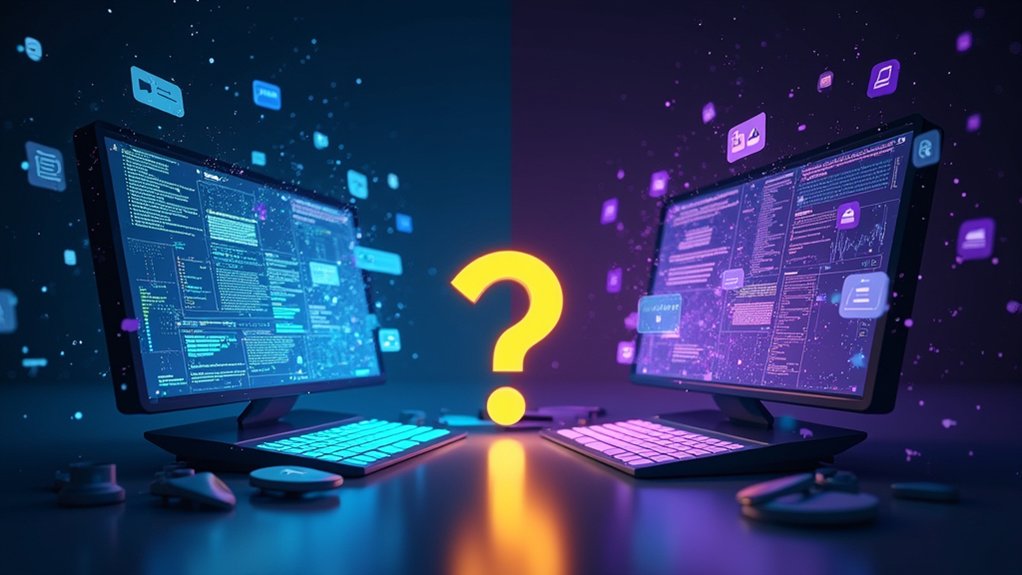People thank ChatGPT all the time. They finish their questions with “thanks” or type out full gratitude after getting answers. It’s weird, really. The AI doesn’t have feelings. Can’t feel appreciated. Doesn’t care either way. Yet humans keep doing it.
Saying “thank you” to algorithms—a peculiarly human quirk, extending courtesy where no appreciation can exist.
This politeness isn’t about the AI at all. It’s about us. When someone says “thank you” to ChatGPT, they’re exercising a social muscle that’s deeply ingrained in human interaction. Those little courtesies we extend to each other daily? They don’t just disappear when talking to a machine. Habits are stubborn like that.
Research shows that most users are naturally polite to AI systems. Studies confirm that approximately 71% of UK respondents habitually express politeness when interacting with AI assistants. They anthropomorphize them, treating them like entities worthy of respect. It’s automatic, almost unconscious. People say “please” and “thank you” without even thinking about it. Just like thanking the ATM or apologizing when bumping into furniture. Yeah, people do that too.
Being courteous to ChatGPT doesn’t make it work better. The algorithms don’t care about your manners. But here’s the thing: it affects the humans. Expressing gratitude, even to a soulless language model, can improve mood and reinforce positive thinking patterns. It’s psychological self-care disguised as politeness to a machine.
Cultural norms play a role too. In societies where courtesy is valued, people extend those same values to their digital interactions. It’s consistent behavior. Makes sense, really. Why switch between polite human mode and rude AI mode? That’s just exhausting. This practice varies globally, with some cultures having strong thank-you traditions while others consider gratitude less formalized.
As AI becomes more integrated into daily life, these interaction patterns matter. They shape how we design technology and how technology shapes us in return. No environmental impact, no extra computing resources needed. Just humans being human.




